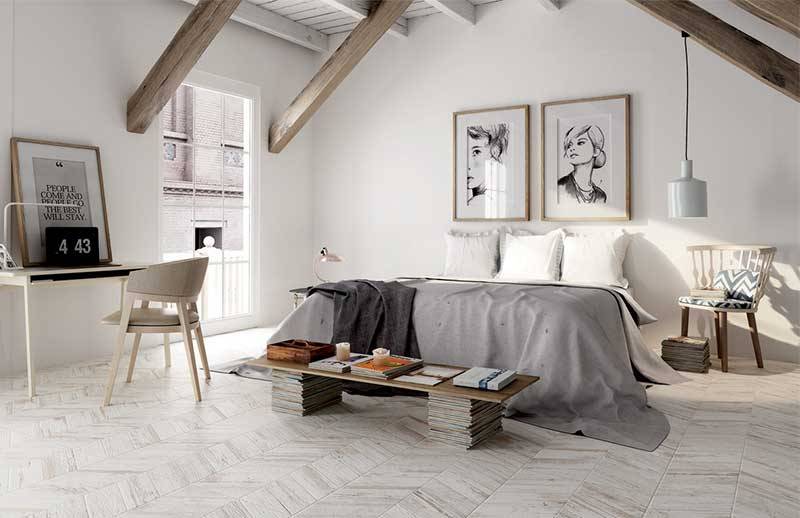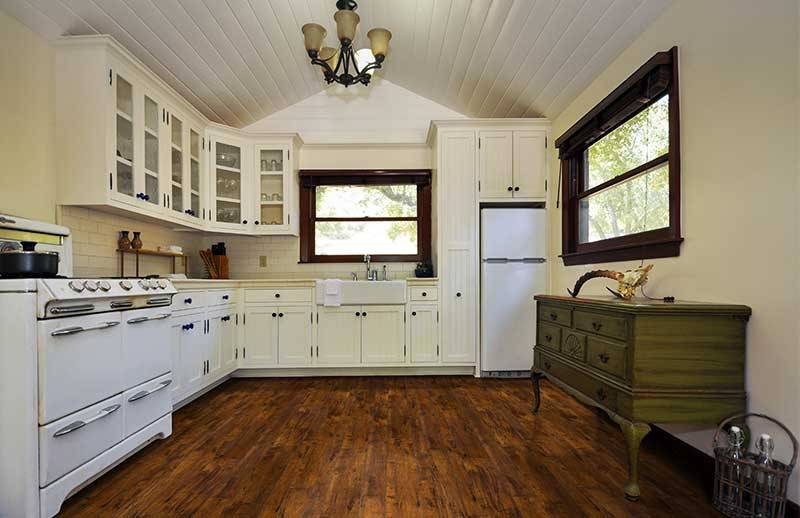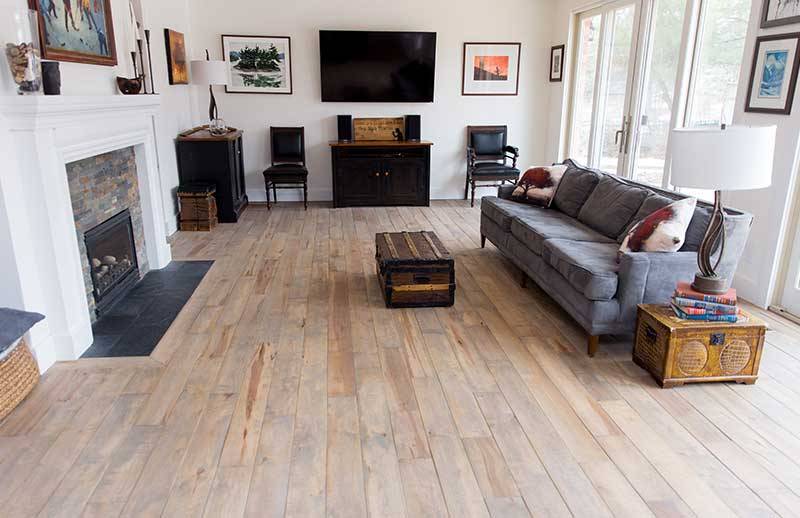
Hardwood
Heritage Home: Dream House or Money Pit? the Keys to Making a Smart Move
Ever noticed how most modern builds feel a bit...meh? No soul, no staying power?
With today’s cookie-cutter houses popping up in no time using bog-standard materials, loads of folks in Québec are after something with more heart. That’s where heritage homes come in—dripping with charm and packed with proper local history.
But watch out: this dream can quickly go sideways if you’re not prepped.Here are the must-know keys to help you make the right call and avoid a total headache.

Dream vs reality: why pick a heritage home?
There’s just something dead charming about these old beauties—the unique architecture, solid wood, vintage vibe. According to Centris, people often go for a heritage home ’cause it usually comes with a bigger lot, mature trees, a peaceful vibe, and solid-as-a-rock construction.
That said, behind the lovely exterior, you’ve got to be ready for what’s coming: costly heritage house renovations, poor insulation, and red tape that can be a right pain.
Getting past the biggest headache: home insurance
One of the proper hassles with heritage homes is sorting out the right home insurance. Loads of insurers get cold feet when it comes to old places—mainly ’cause of stuff like dodgy wiring, sketchy plumbing, or foundations that have seen better days. That can mean higher premiums or even flat-out refusals.
To dodge that mess:
- Get a full inspection and fix the big stuff (structure, roof, electrics, plumbing, heating, the works).
- Add some modern gear—smoke alarms, leak detectors, that kind of thing.
- Ring up your insurer (or ask around for quotes) before sealing the deal. Wasting time on a house you can’t insure or that’ll cost a bomb to cover? Total rookie move.
Grab those grants: getting a little help from the gov
In Québec, there are a few grants that can take the sting out of fixing up an old place:
- RénoRégion program: cash help for major repairs if you’re out in a rural area.
- Municipal heritage restoration aid: support for sprucing up the outside (roof, façade, windows) the proper way.
Hit up your local council or the Ministry of Culture to check if you’re eligible—you might be in for a nice surprise.

Watch out for toxic stuff: dodgy materials in old pads
One of the dodgiest parts of buying a heritage home is the risk of hidden toxic crap.
Most folks in Québec are now pretty clued-up on the dangers of asbestos (used in old insulation, pipes, even roof tiles) and lead (in paint and old plumbing).
These materials are now banned for good reason—they’re seriously bad for your health. Breathing in asbestos fibres? Major cancer risk. Drinking water laced with lead? No thanks.
The key here is to get a proper inspection done. If any of that stuff’s hanging around, you’ll want pros to sort the cleanup or replace it altogether.
Know the rules: heritage regulations can be a real headache
In Québec, if your home’s officially tagged as heritage by the town or some higher-up, you’ll need to stick to local rules when doing up the place.
That often means keeping the original look—so stuff like using proper wood, cedar shingles, or other old-school materials. And yep, that can bump up your renovation bill by a fair bit.
So, before you buy, have a good talk with the local council. Better to know what you're in for than get hit with a load of pricey surprises down the line.
Going green without ruining the vibe
Yep, you can make an old place more energy-efficient without stripping away its soul. Here’s how:
- Use natural materials like blown-in cellulose or sheep’s wool for insulation inside the walls.
- Swap out old windows for modern double glazing that still looks the part—vintage style, but up to date.
- Add a heat pump, but keep it low-key. It’ll cut your heating bills without wrecking the look.
- Chuck in a pellet stove as a cosy, eco-friendly backup—it’s warm, it’s cheap, and it won’t ruin the vibe.
APMAQ: your secret weapon
The Association des propriétaires de maisons anciennes du Québec—yep, that’s a mouthful, so just APMAQ—is an absolute gem if you’re getting into the heritage home game.
They’ve got handy advice, trusted pros, and a whole crew of old-house lovers you can swap stories with. Joining APMAQ makes looking after your heritage home way less of a mission.
Play it smart: get inspected and stay on top of maintenance
Keeping your heritage home in good nick isn’t just about fixing stuff when it breaks—it’s about staying one step ahead. Start with a proper pre-purchase inspection by someone who knows old houses inside out. Then, stick to a solid upkeep checklist:
- Every year: check the roof, gutters, foundations and give the woodwork a once-over.
- In spring: sort out drainage, watch for leaks and deal with any soggy surprises.
- Come autumn: check window seals, redo any dodgy caulking, and get your heating sorted before winter bites.
- Every 5 years: bring in a pro who specialises in old homes for a deep dive inspection

Heritage vs new build: what lasts longer?
| What to compare | Heritage Home | New Build |
| Structural durability | Rock solid (think big timber and stone) | Depends on the builder, to be honest |
| Maintenance costs | High—regular upkeep is key | Low at first, then creeps up over time |
| Insulation & heating | Usually poor, but you can upgrade it | Top-notch energy efficiency |
| Heritage value | Sky high and steady | Not much, if any |
| Rules & restrictions | Loads of heritage hoops to jump through | Not many to worry about |
| Insurance | Trickier to get, usually more expensive | Easy peasy and cheap(ish) |
Bottom line: get clued up before you buy
Buying a heritage home in Québec isn’t just a real estate move—it’s a full-on passion project. If you prep properly—think insurance, financing, and regular TLC—you can turn that dream into something genuinely rewarding.
Before diving in, make sure you’ve got solid experts backing you up, and tap into all the help you can get.
Wanna take it further? Join the Maisons ancestrales du Québec Facebook group to swap tips, ask questions, and share the ride with other old-house fans.

